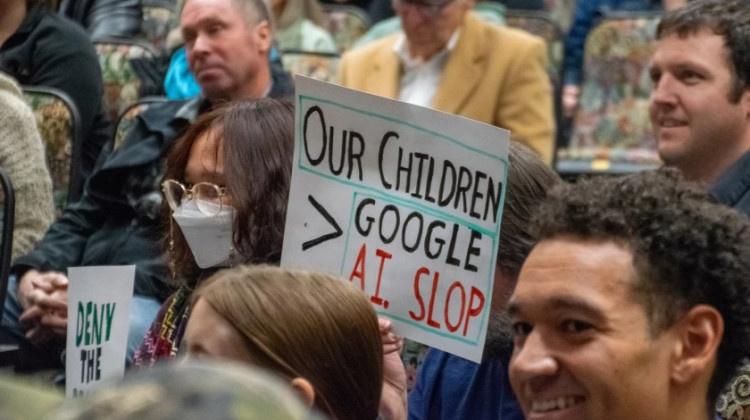
Pollen balls made by Indiana honeybees. The variations in color reflect differences in flower species.
Courtesy Tom Campbell/Purdue AgricultureWEST LAFAYETTE -- A new study from Purdue University found that honeybees are exposed to far more pesticides than previously thought. It’s the first study to look at how non-crop plants expose honeybees to pesticides.
Most research on pesticide use and honeybees focus on neonicotinoids, an insecticide applied to corn and soybean crops that’s harmful to bees. But Purdue entomology professor Christian Krupke wanted to know what happens to bees when they were not feeding on crop pollen
“So one of the surprising things we found is the diversity of pollen bees find out there,” Krupke said. “And, secondly, the range and diversity and abundance of pesticides we found that weren’t correlated with what was going on in the agriculture fields right around them.”
That means a majority of the pollen bees collect is from plants other than crops, plants like those you would put in your backyard. It also means that bees are exposed to the pesticides applied to those residential plants.
There’s a lesson here for people with pollinator gardens that attract bees. “You have to commit to not only not using insecticides on that plant, but perhaps in the area all around it,” Krupke said.
Pesticides are linked to widespread loss of honey bee colonies. Nationwide, 44 percent of honey bee colonies were lost last year.
 DONATE
DONATE







 Support WFYI. We can't do it without you.
Support WFYI. We can't do it without you.